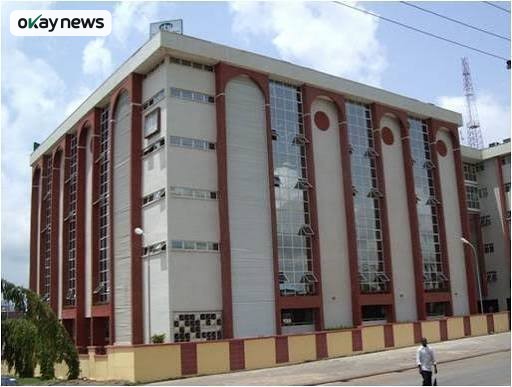Nigeria’s food and beverage imports soared by 44.48% to ₦677.3 billion in the first half of 2025, up from ₦468.76 billion in the same period of 2024, according to the National Bureau of Statistics.
The spike has reignited concerns over the country’s growing dependence on foreign food supplies, as local production continues to struggle under the weight of insecurity, poor infrastructure, and inconsistent agricultural policies.
While household consumption of processed food imports declined slightly by 1.85%, industrial demand for both primary and processed food imports rose, with processed imports for industrial use hitting ₦1.06 trillion—a 7.28% increase.
Stakeholders across the agricultural and business sectors attributed the surge to weak local output, trust issues with domestic products, and consumer preference for imported goods perceived to be of higher quality. Tunde Banjoko of the Lagos Chamber of Commerce and Industry cited poor funding, inadequate storage, and weak commodity boards as key barriers to competitiveness. He urged the government to establish guaranteed offtake systems and improve agribusiness financing.
Dr Femi Egbesola of the Association of Small Business Owners of Nigeria highlighted insecurity and outdated farming practices as major constraints, noting that many farms have been abandoned. He called for urgent investment in mechanisation and technology to close the productivity gap.
Dr Muda Yusuf of the Centre for the Promotion of Private Enterprise linked the rise in imports to government waivers and high demand for wheat-based staples. He also noted that currency depreciation inflated import values.
Despite a reported drop in food inflation to 16.87% in September 2025, stakeholders warned that affordability remains a challenge. Eke Ubiji of NASME argued that rising import figures reflect industrial demand, not improved consumer purchasing power.
Experts agree that reversing Nigeria’s import dependence requires coordinated reforms across agriculture, manufacturing, and trade, with a focus on security, technology, and value chain development.







